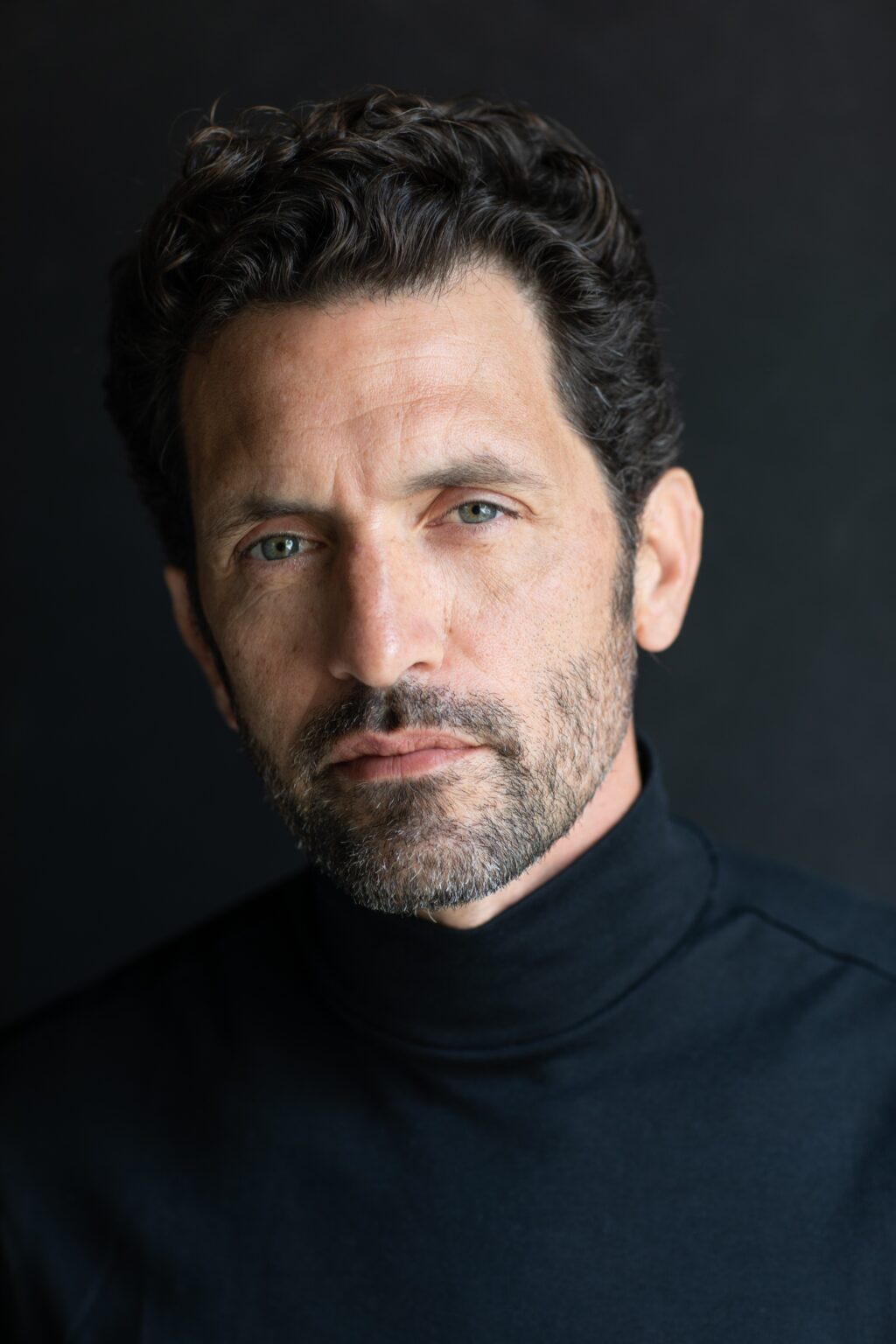
Actor Adam Karst Brings Humanity to ‘The Tattooist of Auschwitz’
Love can survive even in the harshest of situations. The new Peacock and Sky original historical drama series, ‘The Tattooist of Auschwitz,’ was inspired by a real-life love story that came out of the horrors of the Holocaust and later became Heather Morris’ best-selling book. Actor Adam Karst emerges in the concentration camp as Pepan, the veteran tattoo artist charged with inking new prisoners for identification.
Born in Canada and raised in Israel, Adam turned to his own life to discover the character, pulling from his grandfather’s prisoner of war experiencing to help understand the situation.
Adam has become known for diving deep to craft characters. He portrayed a bad guy opposite Denzel Washington in Antoine Fuqua’s ‘The Equalizer 2’ and recurred as an Israeli gangster in John Singleton’s FX series ‘Snowfall.’ He co-starred with Bollywood super-star John Abraham in the film ‘Tehran ‘and was the leading villain in Jean-Claude Van Damme’s ‘Frenchy.’ His TV credits include ‘The Rookie,’ ‘NCIS: Hawai’i,’ ‘Transparent,’ ‘Entourage’ and the Netflix Israeli TV series ‘Fauda.’
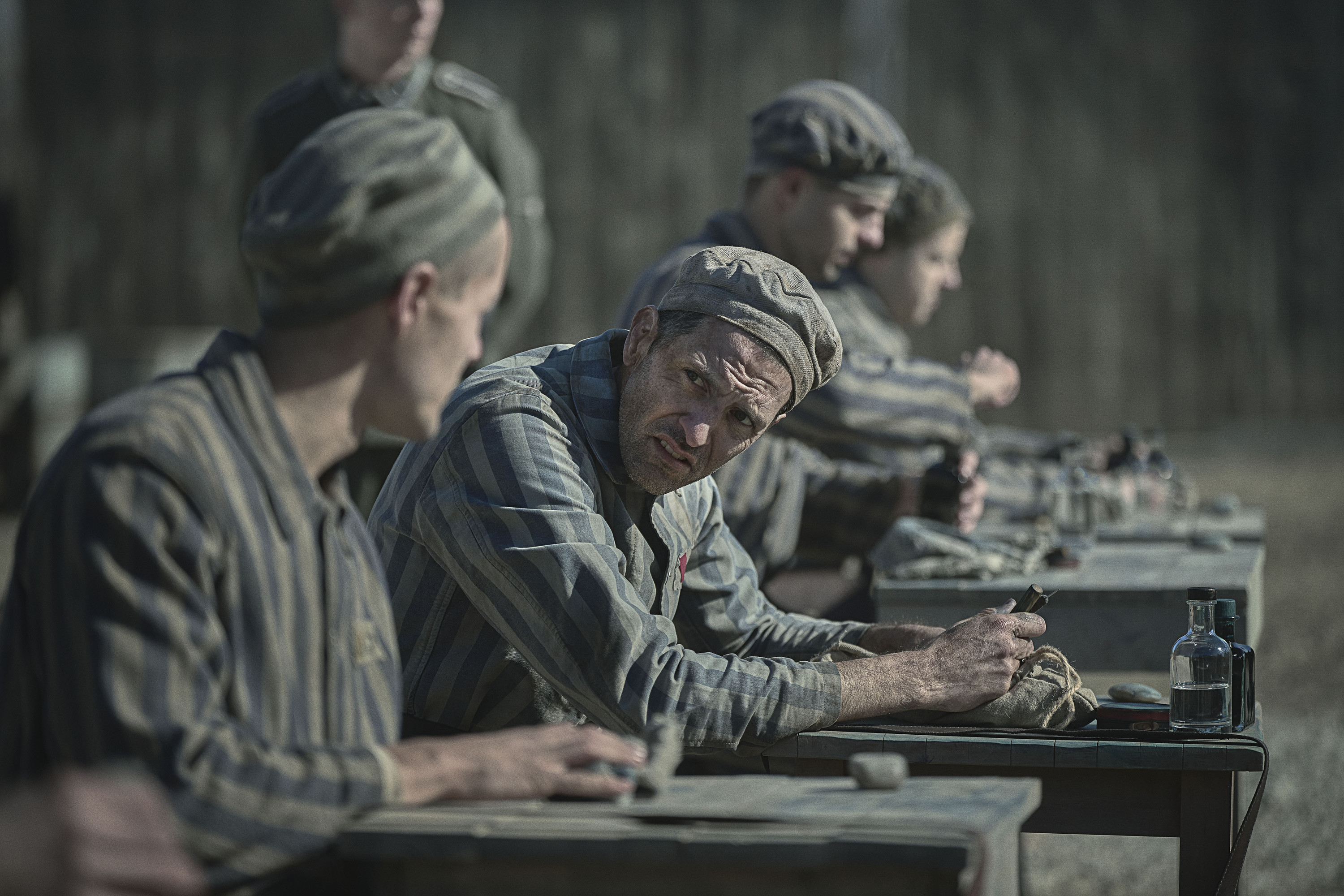
Tell us about your role as Pepan in ‘The Tattooist of Auschwitz’.
Adam Karst: Pepan was a French political prisoner, in Auschwitz, that was in charge of the tattooing of the numbers on the arms of the other prisoners at the camp. He is the one that sees something in Lali, the main character, and offers him to join the tattooing team, thus saving his life, as they got better terms (food, water, health, sleeping situation) and treatment from the guards.
What attracted you to want to portray him?
Adam Karst: First, my Algerian Jewish grandpa, Henry Karoubi, was in the French Foreign Legion. He fought in the Indochina war in Vietnam and was a prisoner of war for two years. Growing up with him I observed the torment he went through on a daily basis while trying to live a normal life. Any human experiencing such atrocities, goes through a DNA change that their children and grandchildren inevitably receive as well. Apart from the actual observation of them post the severe trauma. Generational trauma.
In addition, growing up in Israel, we live among holocaust survivors, participate in events at school and around the country, and are very aware of what happened. It is embedded in the culture. Taking part in the project was in honor of the people that went through it, most of which did not survive, and honoring my grandfather. But the main reason was to be part of a reminder to humans across the world of what we are capable of doing, and that this should never happen again.
Any interesting stories from the project you can share with us?
Adam Karst: Two days after returning home, at the end of filming, I went into a very deep depression which initially I didn’t understand. I received an email from production offering unlimited access to therapy, that’s when I realized that being on set, felt very real — the guards, the camp (it was a complete replica of Auschwitz, they even used real materials to build it), the prisoners, the makeup, the cloths, the cold. I think it just awoke all the information I had in my subconscious mind about the Holocaust, the suffering, the devastation, the horror.
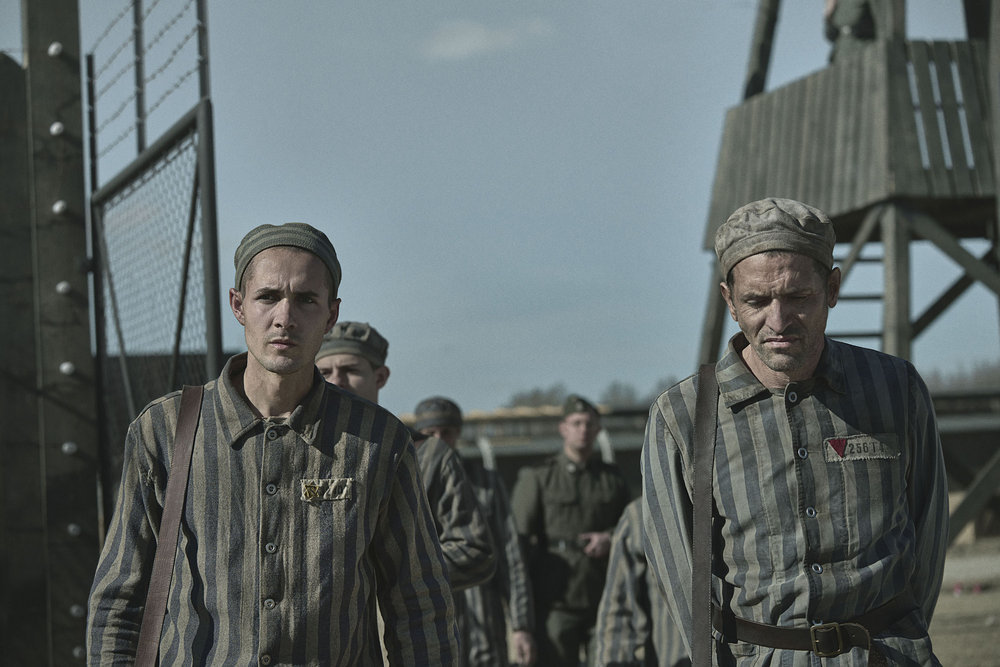
Photos by: Martin Mlaka/Sky UK
What do you hope audiences take away after watching the series?
Adam Karst: Hope and a reminder. Even in the hardest circumstances, the heroes found love and that’s what helped them survive. For people out there that are going through harsh times, maybe that would help them change their perspective for the better. Also, as a reminder for humanity of the cruelty that we are capable of doing to each other and that we shouldn’t allow this anymore.
As an actor, do you gravitate towards a certain type of character, or do you just take them as they come?
Adam Karst: I like to be challenged but also to find something that I can connect to. Sometimes I take work to pay the bills but when a project comes that has that extra factor, that special feel, it reminds me why I love doing this and it makes the whole journey worth it.
Where do you start when you first get a script?
Adam Karst: I start by reading it, and by doing so I automatically visualize it in my head. From there I print my scenes and start learning the lines. The more time I have to process it, the more layers I can discover about myself in this new reality.
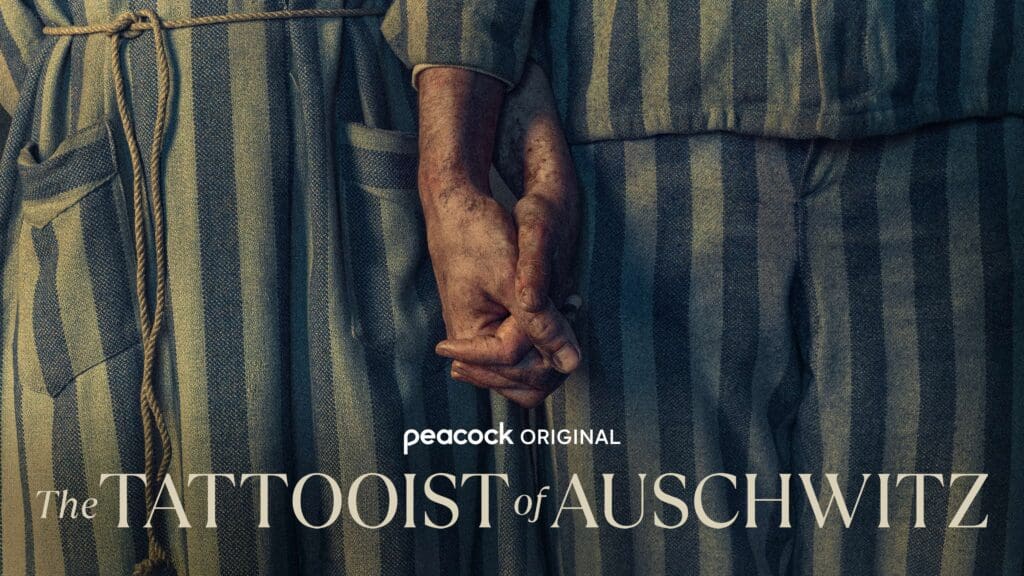
What’s been the biggest challenge you’ve faced in your career, and how did you overcome it?
Adam Karst: The biggest challenge is “Am I good enough”. Is this what I am supposed to do in life? My calling? For me, it took a lot of persistence, belief and hard work to start getting work. Even with the doubts I was always determined to succeed.
You’re also creating projects; tell us about those.
Adam Karst: Throughout the years I kept being drawn to creating the projects as opposed to acting in it. I am thrilled and very motivated when I hear a good story and can imagine it on the big screen or TV. I have several projects I am involved with production wise, ‘Mamad’ (safe room) is one of them. It is based on the true story of a heroic mom that saved her two children during the October 7th massacre. It is a narrative film that would also serve as a pilot for an anthological television series based on different perspectives of that day. It is a message of hope and the triumph of the human spirit. I am also developing a thriller espionage TV series called ‘Spyglass’ and hold rights to two books from my late dear friend and mentor, Larry Quinn. One is about the Vietnam War called ‘The Claws of The Vietnam Tiger’ and the other is a very interesting western take on the gold rush days called ‘The Bad Man From Bodie’.
Best piece of advice you’ve ever received?
Adam Karst: I had many teachers, guides and mentors in life and each one of them gave me some great advice, either by words or just by observing them. The best on set advice I’ve received, succinct yet profound, came from director Antoine Fuqua on the set of ‘The Equalizer 2’. It was one sentence that made so much sense in the scene opposite Denzel Washington and made it tremendously better. It was a great lesson that sometimes a simple, direct piece of guidance can significantly elevate a performance. This lesson in minimalism and focus is something I carry with me in both my career and personal life.
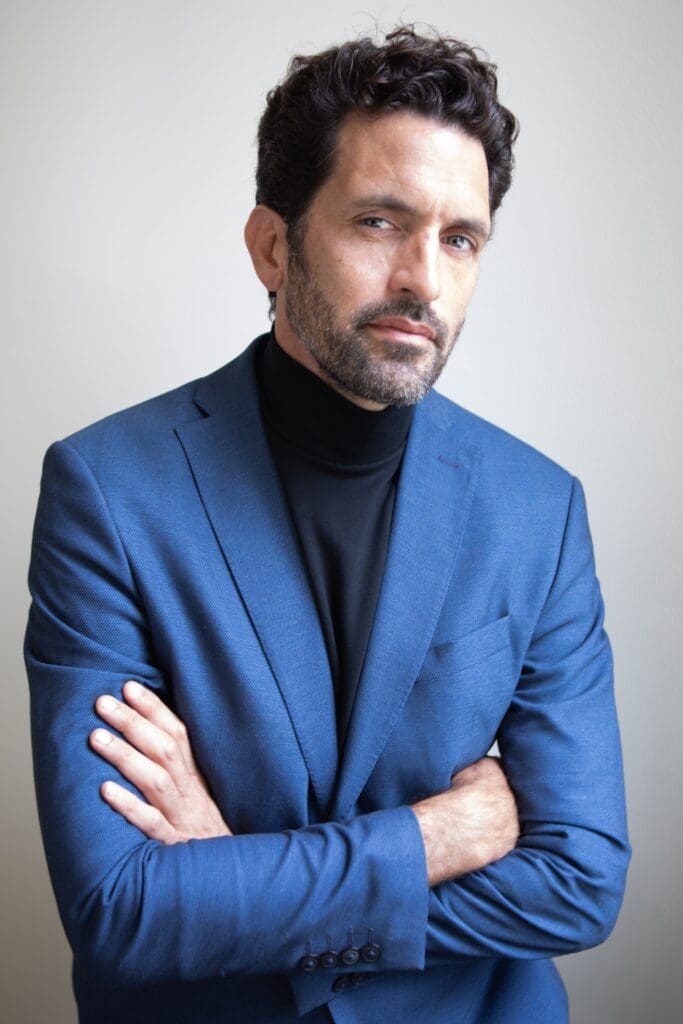
What inspires you most in your life and career?
Adam Karst: Currently, the largest inspiration in my life comes from my 6-year-old son, Leo. He is my greatest teacher and the love I have for him makes me motivated to be the best dad I can be and direct him to a better internal life than what I had.
Is there anything else you’d like to share?
Adam Karst: Us humans still act in very basic ways at times. We continue to see war, hunger, thirst, suffering, and pollution around the world. On a micro level, it still blows my mind to see trash in nature. However, technological advancements give me hope that we are making progress. I believe that one day, these issues will only be topics in history books.



